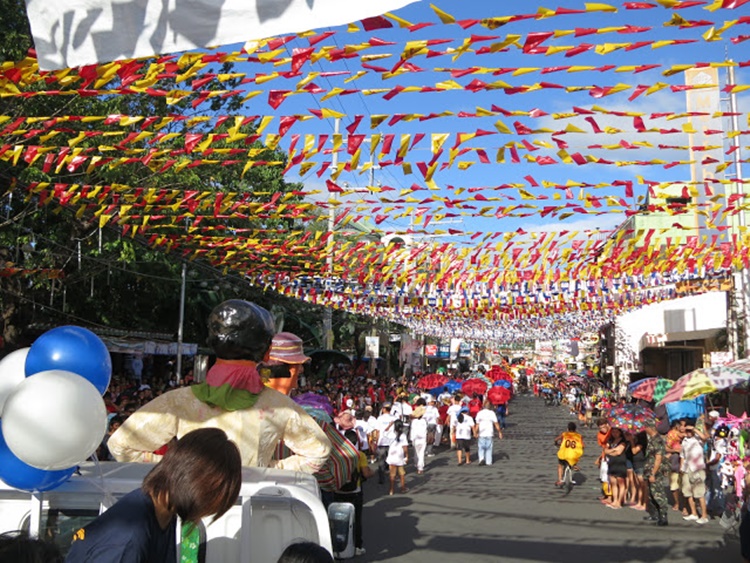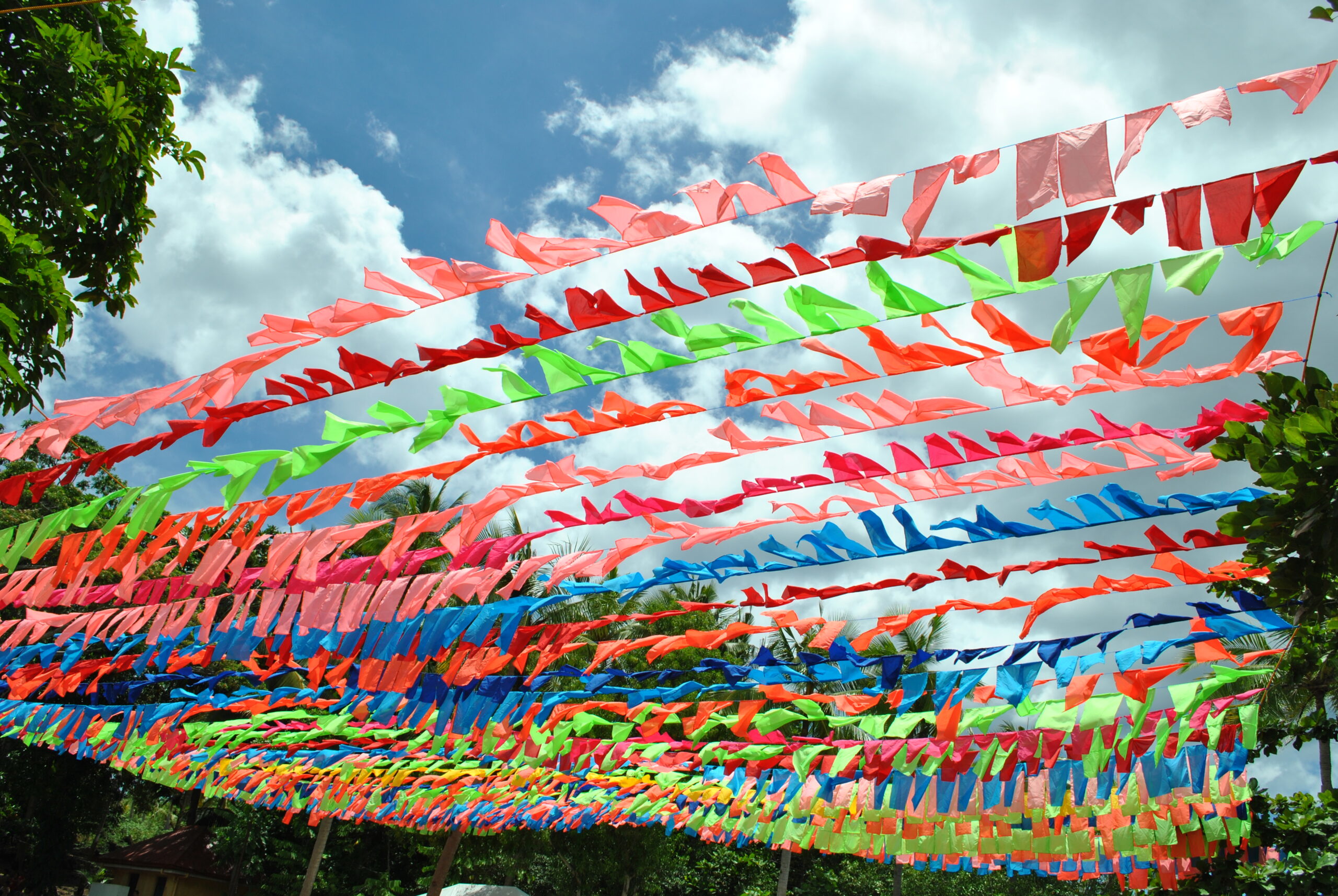Fiesta Culture – Here are some of the negative impacts of this culture and tradition on the Filipino people.
In the Philippines, fiestas are big celebrations that happen in towns and neighborhoods all across the country. They’re like giant parties where everyone comes together to have fun and celebrate special days.
Fiestas happen for lots of reasons. Sometimes it’s to honor a saint, other times it’s to celebrate the anniversary of a town, and sometimes it’s just to have a big party. It’s a time when the whole community comes alive with music, laughter, and dancing.

One of the coolest things about fiestas is that they’re full of color and excitement. Streets are decorated with bright banners, lights, and streamers. There are parades with floats, bands, and dancers wearing colorful costumes.
Food is a big part of fiesta fun too! Families and neighbors get together to cook up all sorts of delicious dishes. There’s lechon, which is a whole roasted pig, adobo, a tasty chicken or pork dish, and lots of other yummy treats.
People share food with each other and make sure everyone has plenty to eat.
The Philippines is known as one of the happiest countries in the world, despite being poor. Most Filipinos love to celebrate because it is fun, but it’s important to be smart about it.
Although happy and colorful, Filipino fiesta culture may also have some negative effects on people and communities.
Sometimes, people spend too much money on parties, even when we can’t afford them. This can be a problem in Filipino culture. Some families may feel forced to go into debt or borrow money just to keep up with the expectations of fiesta culture.
In some cases, placing importance on fiestas and celebrations may lead to misguided priorities. Resources that may be dedicated towards more important needs, such as education, healthcare, or basic necessities, may instead be diverted into funding lavish fiesta preparations.

